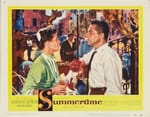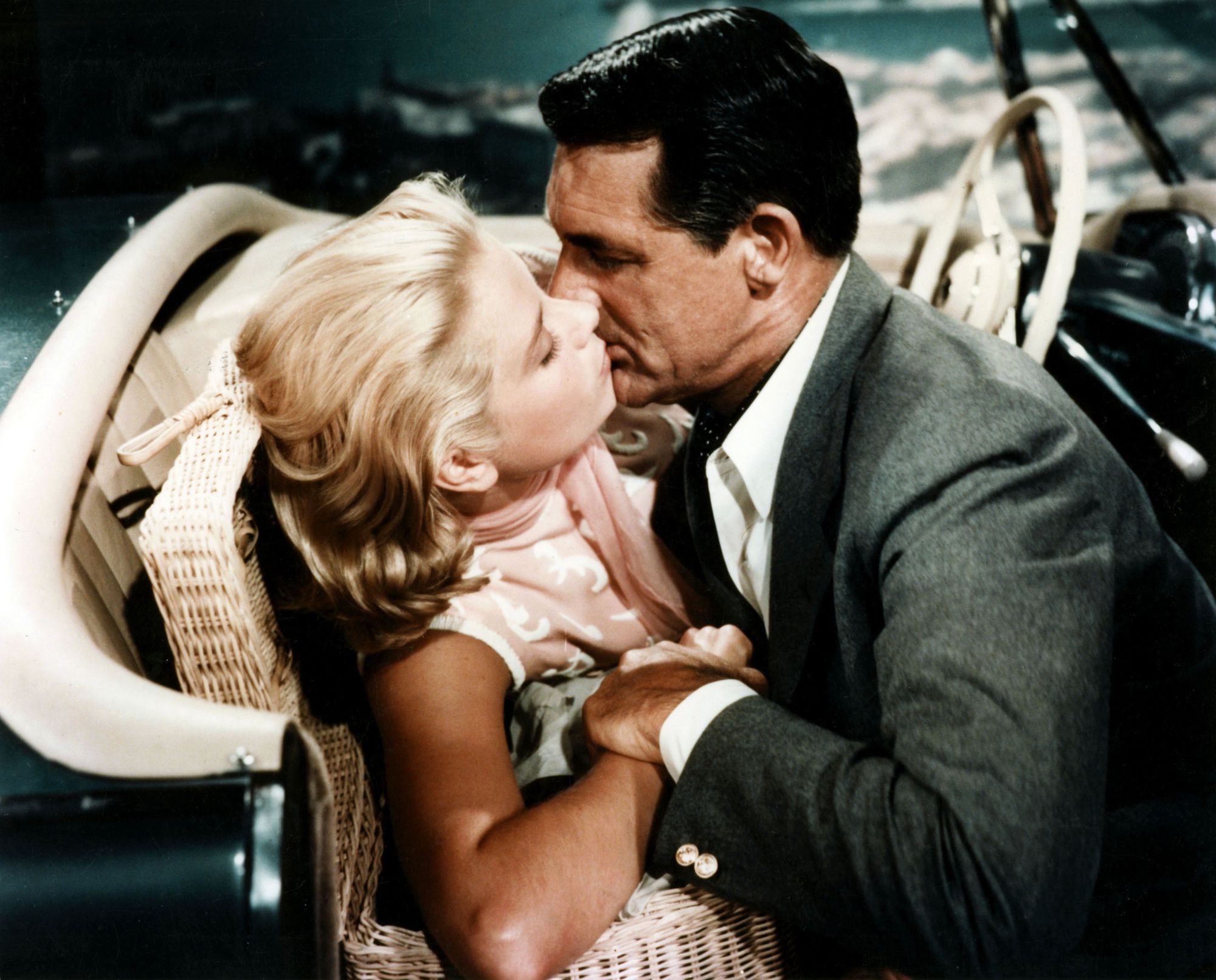
Darling Cary Grant. Happy Birthday! If I ever tire of watching you play a wickedly clever angel in The Bishop's Wife, a morally ambivalent advertising man in North by North West, a merciless newspaper editor in His Girl Friday or ridiculously urbane and soignee cat burglar To Catch a Thief, I will hang up my pen and admit I am tired of life!
You're the tops, you're the best, you're like a glass of pink champagne that never loses its fizz or ability to captivate and you're comic timing makes me purr. Remember that scene in Charade with Audrey (Hepburn) when you take a shower in your suit? Or when she rumbles you at the UN and you suddenly pull that face? Or the scene in Suspicion where you call Joan Fontaine Monkey Face and start messing with her hair like a monkey?
At the time, The New York Times pronounced Cary's performance "provokingly irresponsible, boyishly gay and also oddly mysterious, as the role properly demands."
Oh! I agree! Grant is a delicious, naughty whirlwind of impropriety in the role of Johnny Aysgarth in his first film for Hitchcock. He is a riot and quite larger than life as a magnetic, boyish penniless playboy con artist who seduces Joan Fontaine's wealthy, naive bluestocking to marry him on a whim by bamboozling her with charm and menace in equal measure. Surely he deserved the oscar, not Joan?
So, I declare this is Cary Grant Day! And let's get one thing clear. As much as I like Bogie, I still think you are numero uno and top cat in Tinseltown.
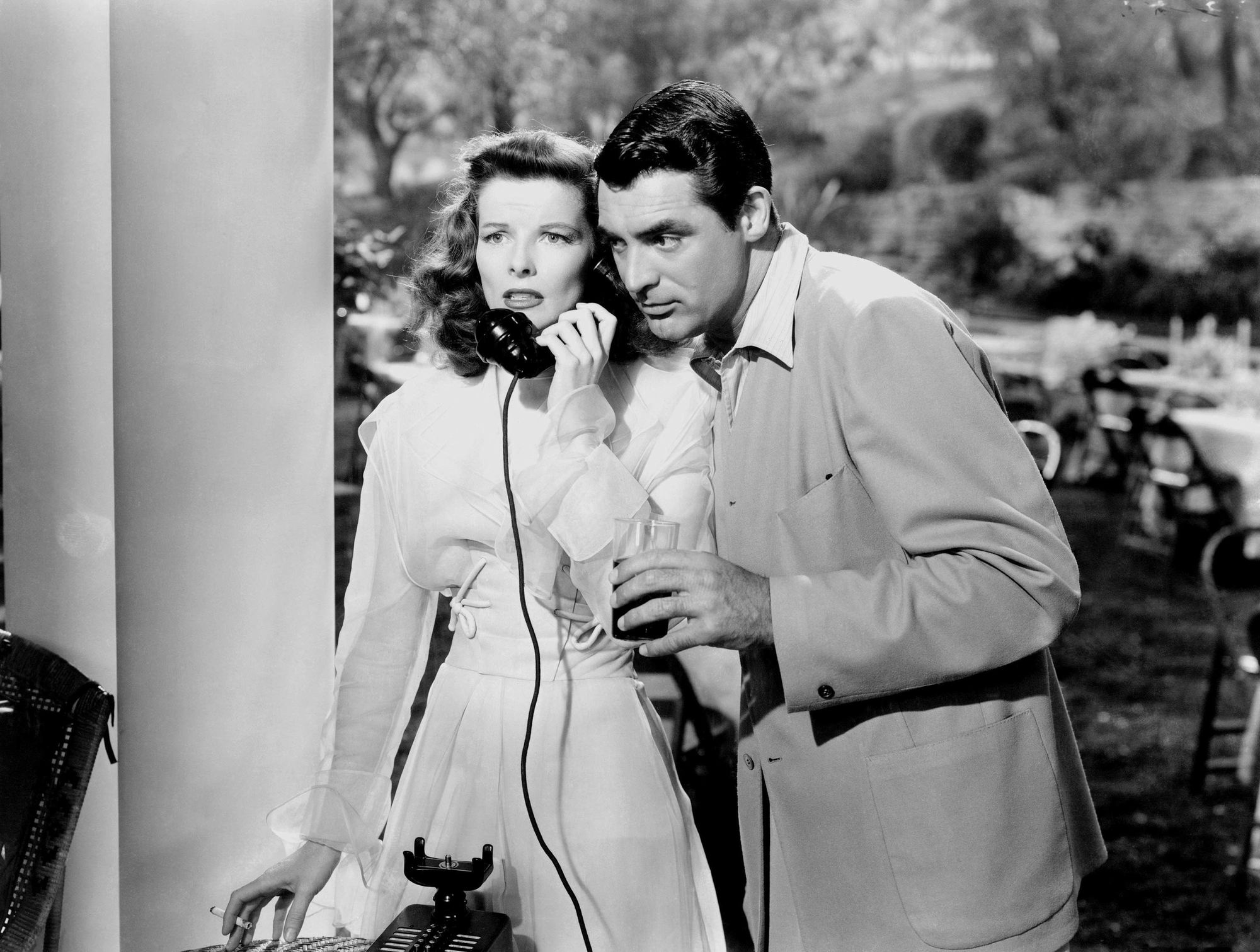
No one comes close to matching you as the embodiment of masculine glamour or the enigmatic duality in the characters you play. You are light and shade. You are the prince of screwball, who appeared in some of the greatest comedies of all time, including The Philadelphia Story, The Bishop's Wife, The Awful Truth and Bringing Up Baby. Then, a decade later, you reinvent yourself as a romantic leading man in An Affair to Remember, Charade, Monkey Business, A Touch of Mink and To Catch a Thief.
Now, let's get to the story of how Archie Alec Leach, born in Bristol in 1904 became Cary Grant in Hollywood in 1931 because it is a remarkable story of talent, tenacity grit, tragedy and reinvention. Grant was the scholarship boy who was too cool for grammar school and probably got himself expelled in order to join the Pender troupe as an athletic stage performer to escape a tragic home life.
Cary's father was an alcoholic who placed his wife in asylum and told his son that she had simply gone on a long holiday and then died. Mother and son were united in the late thirties when Cary's father finally told him the truth and Cary took his mother out of the Glenside Hospital. Apart from the trauma of discovering his mother has been incarcerated in a mental institution for depression, Grant's mother was apparently a cold disciplinarian and this would affect his attempts to understand women his entire life.
Set against this backdrop, Archie worked at his craft and progressed from a travelling stage troop to Vaudeville and then to a leading man after carefully emulating his role models Douglas Fairbanks, Zeppo Marx and Charlie Chaplin.
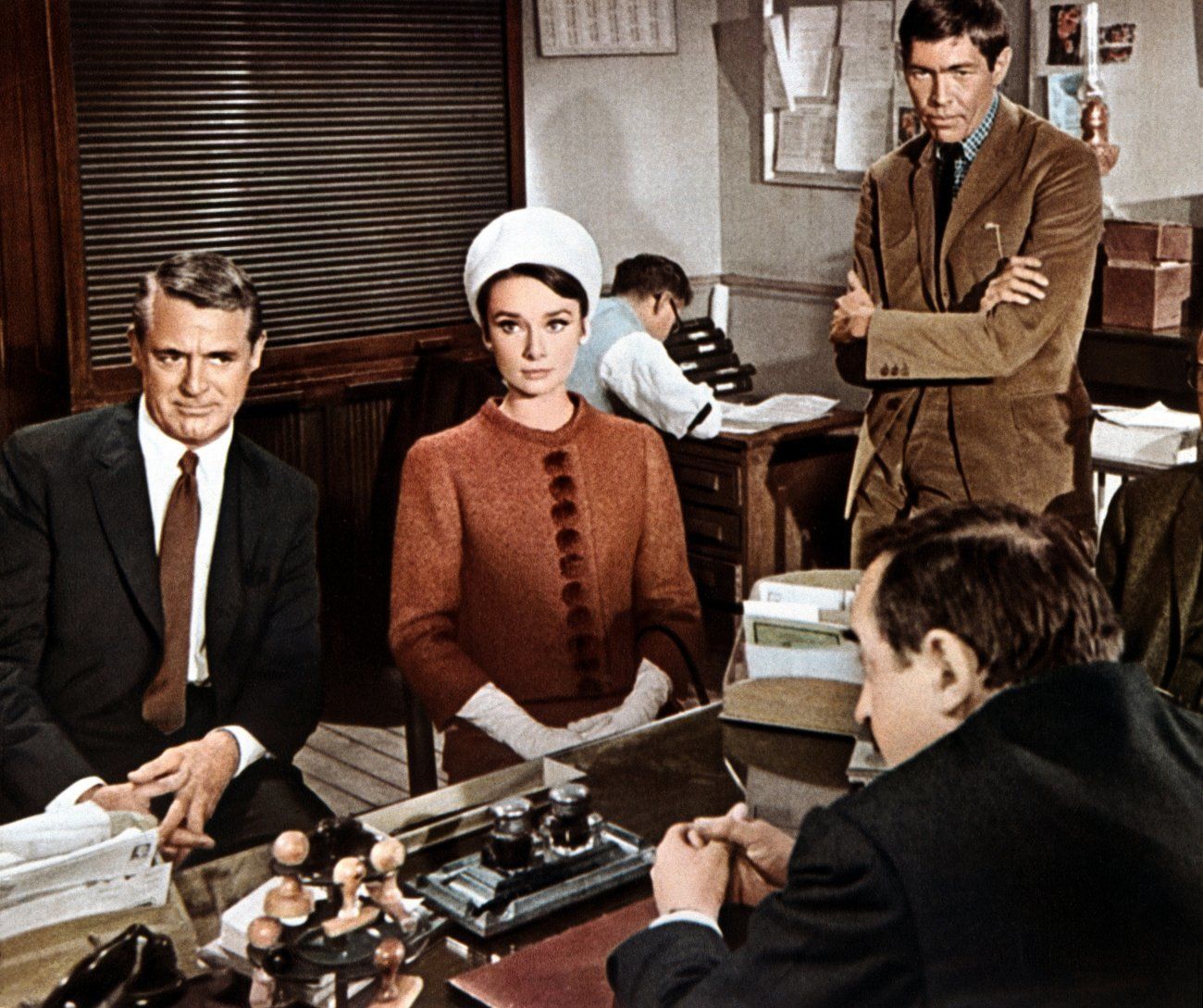
In one revealing interview, years later, Cary admitted that he invented his screen persona to become someone who was "liked and admired."
Given his horrible start in life, it was a triumph.
By joining the world of show business and moving to America, he was able to transcend the rigid class system at the turn of the 20th Century, which still maintained the status quo until the aftermath of the first world war. Even so, Grant's rise from scruffy working-class kid to a stilt walker and then leading man and husband of Barbara Hutton, the richest woman in the world is remarkable.
And yet, in many ways, Cary Grant's rise to Hollywood 'femme crush' mirrored the revolution taking place with the birth of Hollywood itself and the golden age of film. Films did make huge stars of ordinary people who were born Archie, Maurice, Leroy, Edda and Frances and they made millions of dollars for the studios and created a dazzling fantasy world that we can't get enough of almost a century later.
Cary Grant was at this epicentre of all that and his greatest work is himself. He made being Cary Grant seem effortless when in truth, it was and is a work of eternal genius.
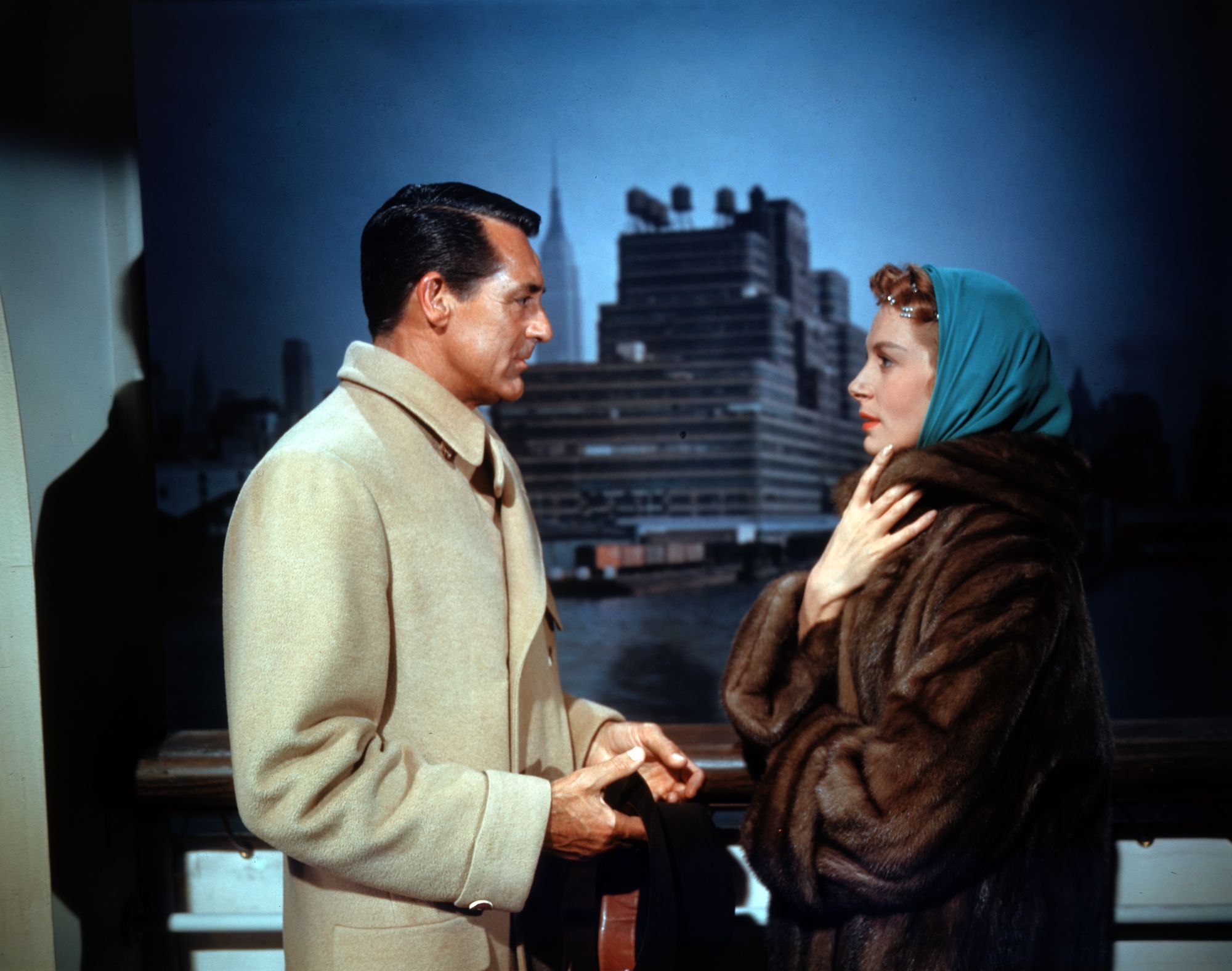
Now to the films. The BBC has one of the widest selections of Cary Grant's classic, golden age films. Watch them on BBC iPlayer.
Amazon Prime also has a rich seam of Cary Grant's classic films including To Catch a Thief, Bringing Up Baby, Notorious and Charade.
Cary Grant as an Icon of Style
Costume historian Victoria Haddock comments on Cary Grant's forensic approach to men's style.
Cary Grant was indisputably one of the best-dressed men in Hollywood. In his own words, Grant favoured the “clothes of a well-dressed, sophisticated chap”. Male film stars didn’t have the luxury of a large wardrobe and it is believed that Alfred Hitchcock trusted Grant to pick out his own suit for the role of Roger Thornhill in North by Northwest. Grant went to his Savile Row tailor, Kilgour French and Stanbury, and chose the now iconic lightweight single-breasted grey flannel suit.
In the Middle of Fashion
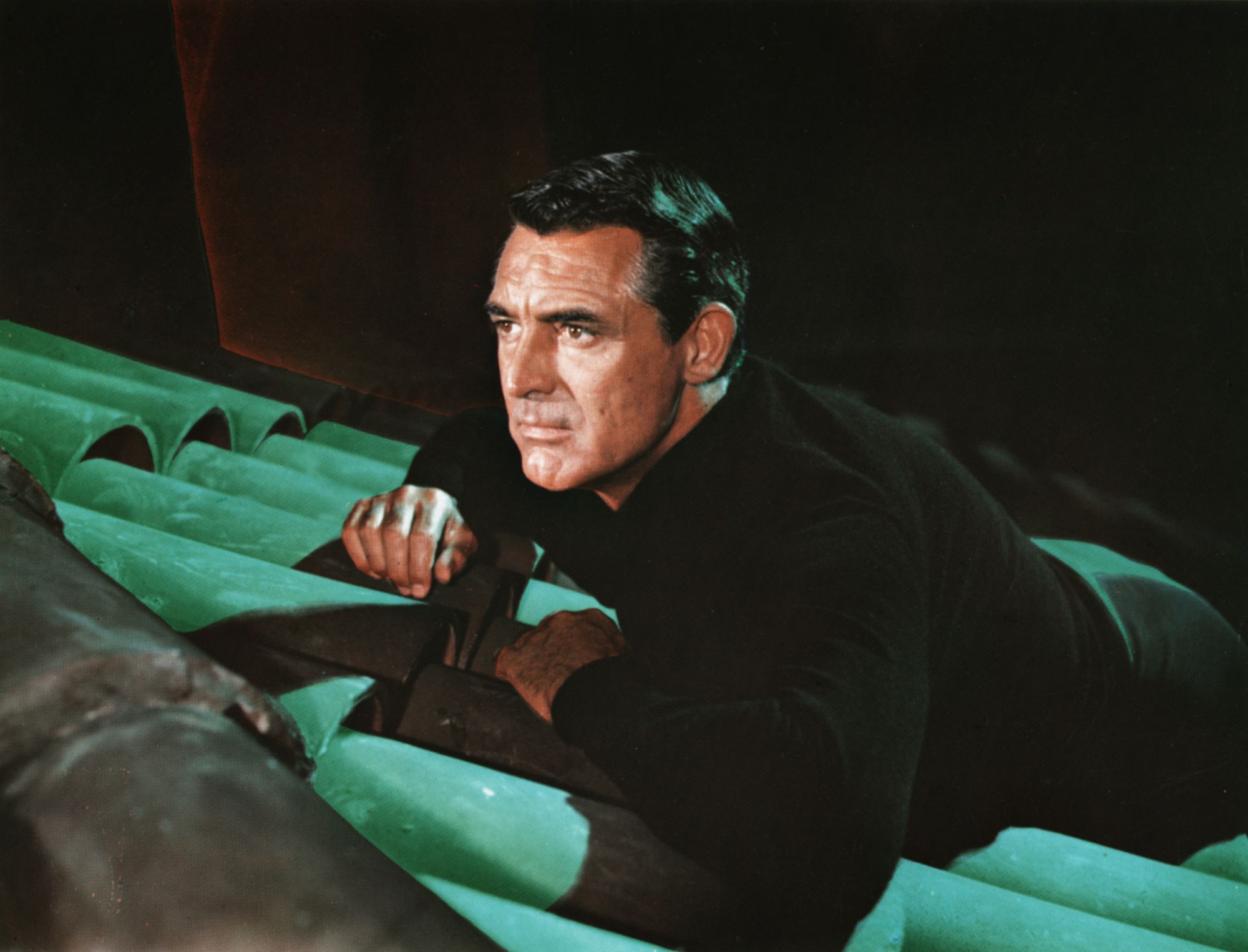
Grant’s style was so admired that he even wrote an article for the Winter 1967/68 issue of GQ magazine, where he spoke imparted pearls of wisdom about his personal fashion choices: "I've purchased dozens of suits over the years and they all have one attribute in common: they are in the middle of fashion. By that I mean they're not self-consciously fashionable or far out, nor are they overly conservative or dated. In other words, the lapels are neither too wide nor too narrow, the trousers neither too tight nor too loose, the coats neither too short nor too long. I've worn clothes of extreme style, but only in order to dress appropriately for the type of character I played in particular films. Otherwise, simplicity, to me, has always been the essence of good taste."
Follow us on Twitter





